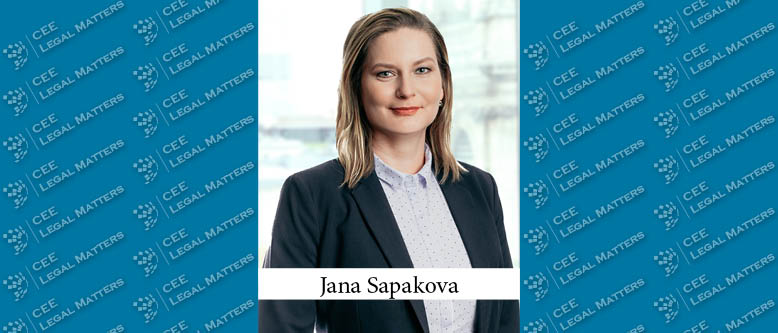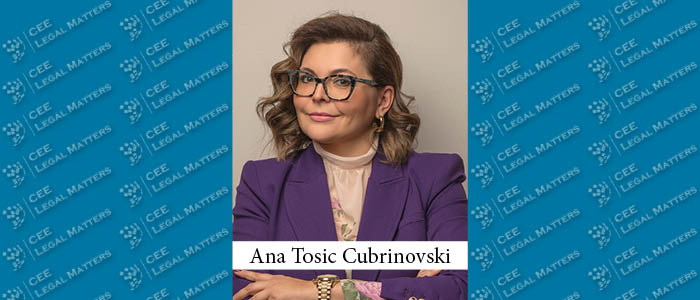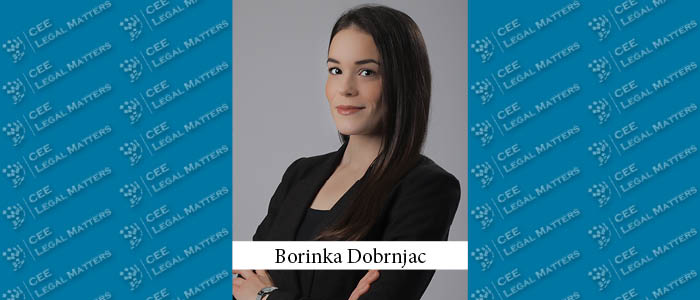In M&A transactions, there is often a transfer of activities and a subsequent transfer of rights and obligations under employment law within the meaning of European Directive 2001/23/EC on the approximation of the laws of the Member States on safeguarding employees’ rights in the event of transfers of undertakings, businesses or parts of undertakings or businesses (TUPE transfer). As a result, the seller’s employees who worked in the transferred establishment will transfer to the buyer. If the buyer has existing employees, the working conditions of the original and new employees may differ. These differences can pertain to salaries and benefits. Are they permissible?
Hungary: Lost Momentum? Tightened Rules on the Admission and Right of Residence of Third-Country Nationals
According to the National Employment Service’s study on foreign workers, at the end of 2023, there were a total of 87,661 work permits in force, a figure that has increased significantly in the last two years, with only 34,000 valid permits at the end of 2021 and slightly more than 51,000 in 2022.
Austria: Mobile Working – New Legislation and Legal Pitfalls
In recent years, accelerated by the COVID-19 crisis, the Austrian landscape of work has shifted, with remote working becoming a staple in the modern employment environment. In Austria, this development is reflected in the so-called 2021 “Home Office Act” which formalizes fundamental aspects of labor, tax, and social security law. However, the Home Office Act applies only to work performed from home.
Greece: Violence and Harassment in Workplaces – Overview of the Legal Framework
The topic of violence and harassment at work has become increasingly important in Greek employment law. In recent years, Greece has made significant steps by adopting legislative measures aiming at ensuring an equal and healthy working environment for all employees. However, the new framework raises certain complex legal concerns regarding the implementation of the legislation on violence and harassment by the employer. This article provides an overview of these issues within the context of Greek employment law.
Serbia: Non-Compete Clauses Labor Law
Non-competition (non-compete) clauses came into the spotlight this year as the US Federal Trade Commission (FTC) decided to impose a broad ban on their use. The underlying motive for this is the perception that the non-compete clauses, in the words of FTC Chair Lina Khan, keep wages low, suppress new ideas, and rob the American economy of dynamism, including from the more than 8,500 new start-ups that would be created a year once non-competes are banned. However, this rule quickly faced challenges, including a lawsuit from the US Chamber of Commerce, which argued that it was unfounded and that the FTC exceeded its authority.
Slovakia: Agreeing on and Withdrawing from Competition Clauses
Competition clauses are found in a number of European jurisdictions. Slovak legislation on post-employment non-compete clauses is characterized by: the obligation to agree on a non-compete clause in an employment contract, the possibility to agree on it only with a certain type of employee, time limitation, and remuneration.
Croatia: TUPE Regulations in Light of Supreme Court of the Republic of Croatia’s Recent Practice
The Transfer of Undertakings (Protection of Employment) Regulations (TUPE Regulations) were incorporated in their current form into the laws of the European Union (EU) with Directive 2001/23/EC of March 12, 2001 (TUPE Directive), with Croatia ensuring its transposition in its legal system via the Labor Act (albeit with a few missed opportunities). Although TUPE Regulations are relatively simple to comprehend, with the main goal being the protection of employee rights in the event of a transfer of an undertaking, business, or part of an undertaking or business as a result of a legal transfer or merger, their application in practice raises many questions to which statutory provisions of Croatian law do not provide an answer.
Lithuania: Navigating Remote Work Challenges
Over the summer, numerous major employers in Lithuania had either terminated or tightened their hybrid work policies, mandating employees to be present in the office for at least three days per week. This shift is in line with global trends, particularly among technology companies, which have largely abandoned remote work arrangements. Since the pandemic ended, many companies have gradually moved their workforce back to the office, citing decreased productivity and employee engagement as primary reasons for this shift.
Moldova: Employee-Created IP Objects – Determining Ownership
The question of who owns intellectual property (IP) rights in the workplace has gained significant relevance, especially given that employees are involved in extensive creative activity nowadays. The Moldovan legal framework has well-defined rules on this subject, providing insight into the important question: who holds the rights over the creations, inventions, industrial designs, and utility models created by employees?
Slovenia: Contractual Penalties in Employment Law
Recent rulings of the Slovenian Supreme Court on the permissibility of including contractual penalties in employment contracts highlight that when assessing the permissibility of applying the concept of a contractual penalty, one must consider the subordinate and dependent position of the employee relative to the employer both when concluding the employment contract and during the employment relationship.
North Macedonia: The Role of Private Employment Agencies
Private employment agencies in North Macedonia emerged relatively recently, beginning in 2006. These agencies play a key role in two primary areas: facilitating temporary employment in the labor market and acting as intermediaries in the hiring process. By connecting employers seeking workers with job seekers, these agencies help streamline employment coordination, leading to a more efficient labor market.
Kosovo: Employee Rights in a Remote Work Context
The COVID-19 pandemic accelerated the shift toward remote work globally, including in Kosovo. While this new way of working offers flexibility and convenience, it also exposes gaps in labor regulations. Kosovo’s Labor Law, like many others, was primarily designed for traditional in-office work environments and has yet to fully adapt to the nuances of remote work. Remote work context has brought to attention legal gaps in areas such as work hours, digital privacy, employer responsibilities, and employee rights.
Updates to Gambling Regulations in Ukraine
The Ukrainian parliament recently adopted Law of Ukraine No. 4116-IX[1] to combat gambling addiction (ludomania) and to improve the state regulation of activities related to the organisation and conduct of gambling and lotteries. Most of the amendments will come into force on 1 April 2025.
Unauthorized Monitoring of Employees’ Email – A Case from Italian Practice
This article analyzes the Decision of the Italian Data Protection Commissioner (“Commissioner“) No. 472 of July 17, 2024 (“Decision“), which concerns the monitoring of employees’ official computers and emails, and the protection of personal data in accordance with Italian regulations and the General Data Protection Regulation of the European Union, which was adopted on April 14, 2016, and came into force on May 25, 2018 (“GDPR”).
5 Things You Need to Know About the New EU Markets in Crypto-Assets Regulation (MiCAR)
On December 30, 2024, a new European Union crypto-asset regulation, known as MiCAR (Markets in Crypto-Assets Regulation), came into effect. This regulation establishes unified rules for the crypto-asset market and imposes stricter requirements on crypto service providers. Additionally, on July 1, 2024, a new crypto-asset market law came into force in Estonia (krüptovaraturu seadus or KrüTS in Estonian).
Changes to Reporting a Contact Person as of February 1, 2025
As we step into the new year, we often look forward rather than back. However, to ensure you don’t miss anything important, we’d like to remind you of significant updates.
Changes in the Local Taxes from 1 January 2025
Based on the 2017 Central Budget Act, the financial system of the local governments was supplemented by a new source: the solidarity contribution, which is paid to the central budget by a proportion of municipalities with a high per capita tax burden and is aimed at improving equal opportunities.
Employment News in 2025 in the Czech Republic
The past year has brought several important changes in the employment area. Most of the new developments are already in force, but for some we had to wait until the beginning of 2025. However, some important changes are still not in force, nor have they been approved. Also due to considerable media support, part of the public is confused, and unexpected situations may arise. Below is a summary of the most important changes.

































